 We see them all over social media and across websites: memes. They come in all flavors, from sarcastic and funny to downright painful. Some are stills. Others are animated scenes like the one above; however, many people don’t consider these memes. I will explain why they are in a bit. But what exactly are memes?
We see them all over social media and across websites: memes. They come in all flavors, from sarcastic and funny to downright painful. Some are stills. Others are animated scenes like the one above; however, many people don’t consider these memes. I will explain why they are in a bit. But what exactly are memes?
The word meme comes from the Greek word mimeme, which means to imitate (Meme, 2016).
Richard Dawkins, a biologist, coined the term in his book The Selfish Gene. He used the word as a way to counter the focus on genes in evolutionary theory. Memes helped place evolution as a product of culture as well as biology:
“For Dawkins, the meme served as a catalyst for cultural jumps in human evolution, much like a gene served to further biological evolution. Memes are the mediators of cultural evolution.”
According to Dawkins, a meme was an idea that tried to replicate itself so it could survive. It did this by spreading, or infecting, people’s minds. Think of slogans like Nike’s “Just do it.” Fashion and learned skills are also memes. Over time, genes and memes combined into a single concept because of their shared roles in evolution (Wiggins, 2015).
Dawkins comments on Internet memes (Wiggins, 2015):
[T]he very idea of the meme, has itself mutated and evolved in a new direction. An internet meme is a hijacking of the original idea. Instead of mutating by random chance, before spreading by a form of Darwinian selection, internet memes are altered deliberately by human creativity. In the hijacked version, mutations are designed—not random—with the full knowledge of the person doing the mutating.
Memes come from our ability to participate online. We don’t just consume websites, movies, books, and videos. We also create them. They derive from copying a previous version. Animated gifs copy other, related gifs. The rain gif at the start of this article is as copy of another scene with rain, which was yet another copy. Each differ in small ways, or in other words, mutate, but the basic concept is the same. Fanfiction provides another example. It takes a story and creates different versions that generally keep the same basic idea of the original. Many different fanfiction authors can take the same storyline and characters and create their own mutations. In each case, people mutate the original with the full knowledge of what they are doing. Memes are also defined as an expression that has cultural meaning and spread from person to person (Meme, 2016). The cultural aspect of memes proves important. Otaku subculture has its own set of memes that people outside the culture may not fully understand. Memes capture concerns and spread the otaku subculture’s inside jokes. They spread through imitation. We’ve seen “me too” variations of memes throughout social media. This is a natural result of memes becoming a genre.
A genre is an activity that guides and changes the dynamics of human culture (Wiggins, 2015). It’s silly to say anime photos with funny captions change human culture, but they represent a shift in thinking– interactive creativity. The same photo can have different meaning associated with it over time. They reflect current concerns, insecurities, and humor and reinforces them. Different subcultures may use the same photo for different purposes; sometimes they also poke fun at an antagonizing subculture, such as when people make fun of anime culture by using anime memes. The messages we consume impact how we view the world as well. Japanese media has shifted Western fans’ perspective. Westerners became aware of some aspects of Japanese culture (such as the difficulty of translating Japanese) and poke fun. Memes speak about awkward translations and conventions found in anime.
The Dos Equis memes provide another example. The Dos Equis memes make similar comments about modern society. The 0ver-the-top contradictions about the “Most Interesting Man in the World” allows us to laugh at the ridiculousness of experience consumption and Facebook culture. Facebook culture focuses on the appearance of activity and living an adventurous, even glamorous, life. People took this commercial message and played on it using everyday aspects of modern society, such as using Google to spell check, or suggest the prevalence of commercial branding. Of course, this isn’t always intentional. That’s the thing about memes, they grow out of the subconscious’s absorption of cultural messages.
Memes need to have a vehicle, a way to transmit between people. We think of the Internet as the main means, but books, fashion, speech, and even schools transfer memes. The definition of meme extends beyond photos with funny captions to any idea that spreads and shapes culture. Virility of a memes–that is, how fast they spread–depends on their relevancy. After all, obscure ideas don’t spread as fast as ideas that resonate. Silly images reveal ideas that matter to groups of people at a specific time.
Favorite Anime Memes
I couldn’t discuss memes without tossing in some of my favorite anime memes. I’m fond of Star Trek: The Next Generation memes too. Memes may be segmented between mainstream like the Dos Equis memes and fandoms. Whenever I come across research or even speak with people, we have a habit of boxing ourselves into certain labels: liberal, conservative, American, Latino, Dolphin Fan, Browns Fan, teen. The label otaku, for example, boxes people into a certain subculture, but few of us exist in a single box. People belong to many subcultures. Because of this, most people don’t consume only the messages of a simple group. That’s why you’ll see subcultures bleed into each other within memes. In any case, here’s a collection of some of my favorite memes.
References
Holdcroft, D. & Harry Lewis (2000) Memes, Minds, and Evolution. Royal Institute of Philosophy. 75 (292) 161-182
Meme. (2016). Funk & Wagnalls New World Encyclopedia, 1p. 1.
Wiggins, B. & G. Bret Bowers (2015) Memes as a genre: A structurational analysis of the memes2cape. New media and society. 17 (11) 1886-1906.
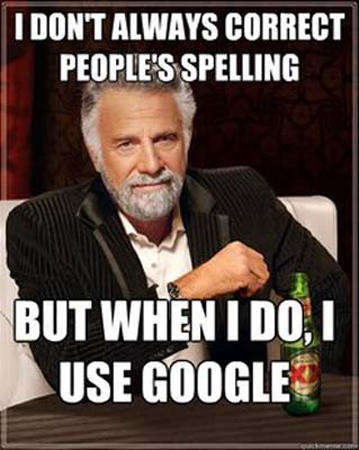
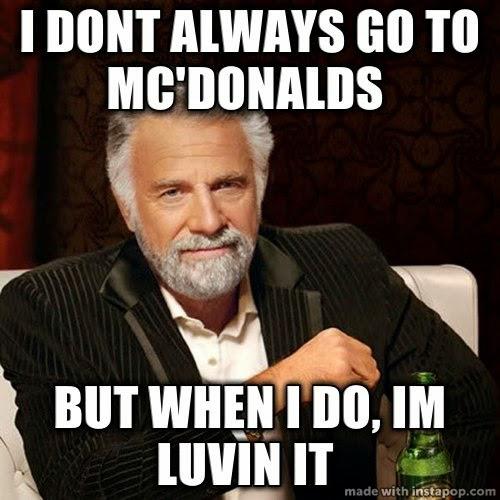


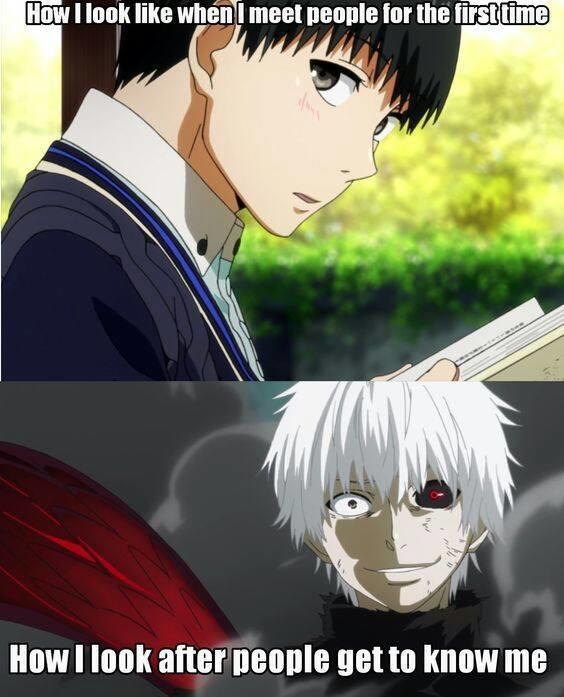


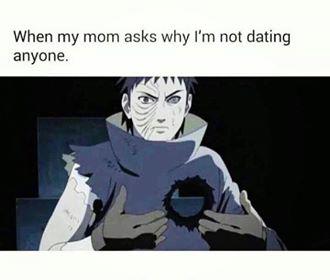


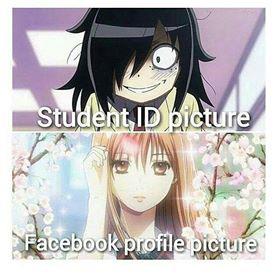



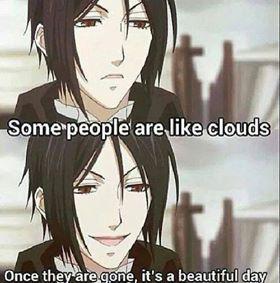





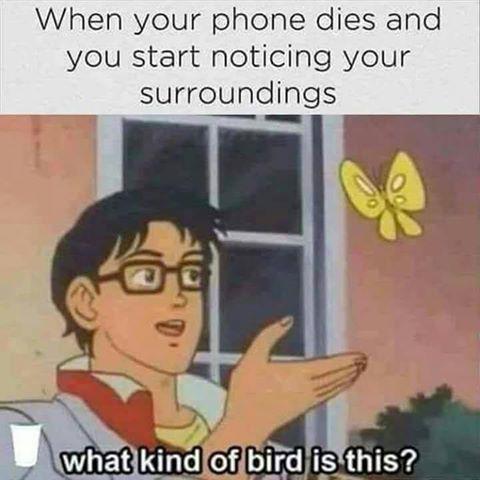
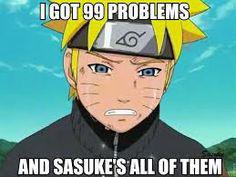





your content is really amazing. i love it. i read it completely with my heart.
I’m glad you find it useful.